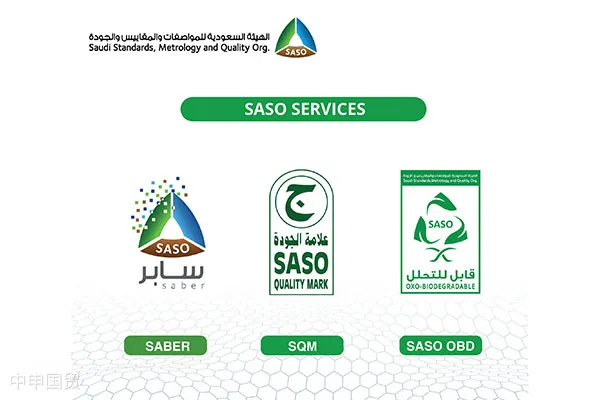- Shanghai Zhongshen International Trade Co., Ltd. - Two decades of trade agency expertise.
- Service Hotline: 139 1787 2118
Saudi Arabia is further advancing its economic diversification efforts, with its latest initiative being a new service to reduce export costs for industrial enterprises. According to the Saudi Press Agency, the Saudi Export Development Authority, in collaboration with the Ministry of Industry and Mineral Resources, announced tariff exemptions for eligible enterprises on industrial inputs required for producing export goods. This move aligns with the strategic goals of Vision 2030, which emphasizes promoting non-oil exports and strengthening industrial capabilities, and is seen as another critical step toward a post-oil era.

Based on official Saudi announcements, enterprises benefiting from this service can receive tariff reductions or exemptions in areas such as labor, raw materials, fuel, equipment, and buildings. Industry experts note that such broad coverage will significantly reduce costs for Saudi manufacturers in exports, making their products more competitive in global markets. To qualify for these exemptions, enterprises must hold valid industrial licenses and ensure that the industrial inputs for which they seek exemptions strictly match the production capacity and content specified in their licenses. Additionally, the materials must correspond to the enterprises approved industrial capacity list.
Enterprises can submit applications through the Sina’ai online platform provided by the Ministry of Industry and Mineral Resources, specifying the product categories for export and the required industrial inputs. Once approved by the authorities, they will be granted tariff exemption eligibility. Industry evaluations suggest that this one-stop application process greatly reduces the cumbersome administrative procedures of the past, giving Saudi enterprises more time and cost advantages when expanding into international markets and fulfilling overseas orders.
The Saudi Export Development Authority stated that this new service aims to address key challenges hindering Saudi industrial enterprises from going global, such as tariff barriers and high production costs. The authority also emphasized that by enhancing the international competitiveness of Saudi domestic manufacturing and expanding non-oil exports, the country can steadily achieve economic diversification and sustainable growth.
Under Saudi Arabias Vision 2030, economic diversification has become one of the nations primary development tasks. In recent years, the Saudi government has invested substantial funds and policy support in non-oil sectors, such as large-scale introductions of advanced manufacturing technologies, promoting mining and advanced manufacturing, encouraging foreign direct investment, and improving the business environment. Currently, Saudi non-oil exports are growing steadily, reflecting the gradual results of these reform measures.
Local observers reveal that as global reliance on oil undergoes dynamic changes, Saudi Arabia is actively seizing transformation opportunities to reduce its over-dependence on energy exports. The tariff exemptions on industrial inputs not only alleviate burdens for export-oriented enterprises but also create a more attractive policy environment for potential foreign investors and technology partners. With its abundant market demand and relatively ample labor force, Saudi Arabia can use this policy to attract foreign technology and capital into domestic manufacturing and processing, fostering industrial upgrading and value addition.
On the other hand, the new policy also opens up opportunities for expanding Saudi Arabias domestic industrial system. Many enterprises can use this opportunity to upgrade production equipment, introduce advanced technologies, and position themselves in international markets with more competitive cost advantages. In the long run, this will improve Saudi Arabias international trade standing, enabling it to secure higher value-added opportunities in the global value chain.
An economist familiar with the local market noted that if coordinated with regional and international economic cooperation, this tariff exemption initiative could become a breakthrough for Saudi Arabia to gain a first-mover advantage. As Middle Eastern countries implement economic reforms and industrial upgrade plans, whether Saudi Arabias policy can set a strong example and lead to more regional cooperation remains to be seen. Export enterprises and potential investors must closely monitor the specific implementation details from the Ministry of Industry and Mineral Resources, adapt to compliance requirements, and seize opportunities while mitigating risks.foreign tradeOverall, Saudi Arabias tariff exemption initiative for industrial inputs directly addresses the practical challenges faced by enterprises in exports, reflecting the countrys strong push for non-oil economic growth and industrial modernization under Vision 2030. Market participants widely believe that if effectively implemented and refined, this initiative will give Saudi Arabia a more distinct industrial identity on the global economic stage, boosting confidence and expectations for its new economy.
Saudi Labeling Requirements
Related Recommendations
? 2025. All Rights Reserved. 滬ICP備2023007705號-2  PSB Record: Shanghai No.31011502009912
PSB Record: Shanghai No.31011502009912









